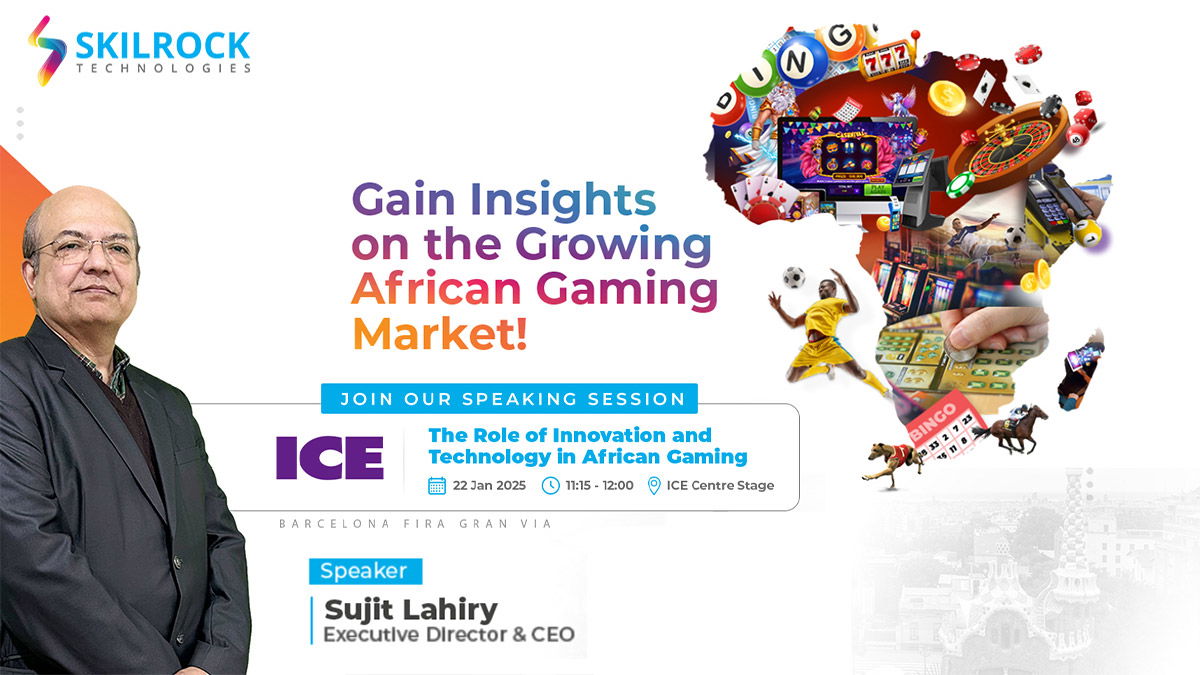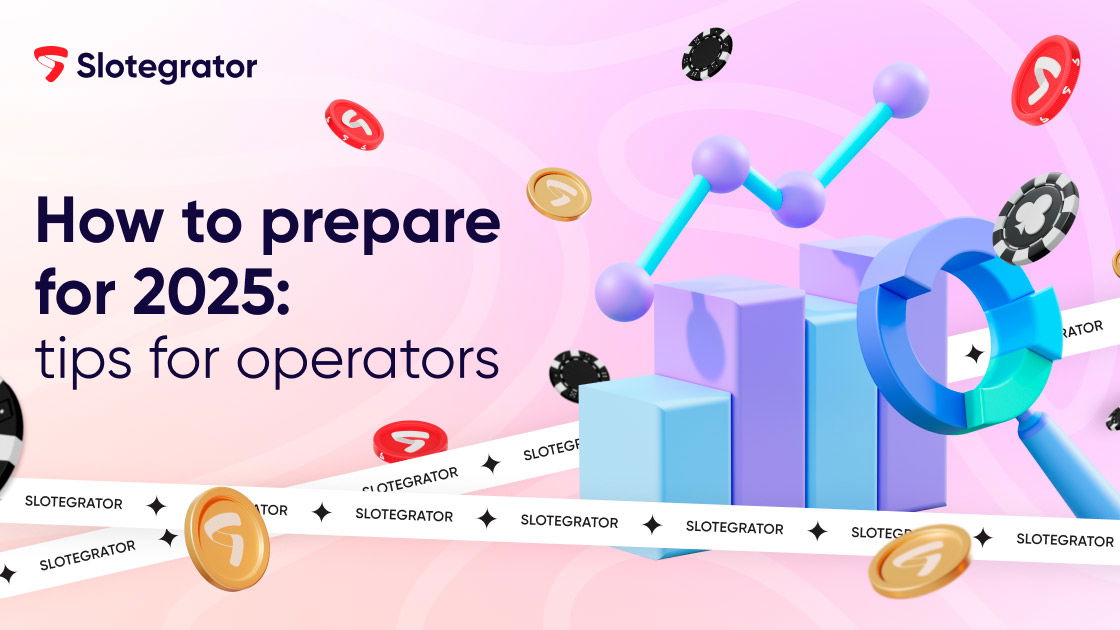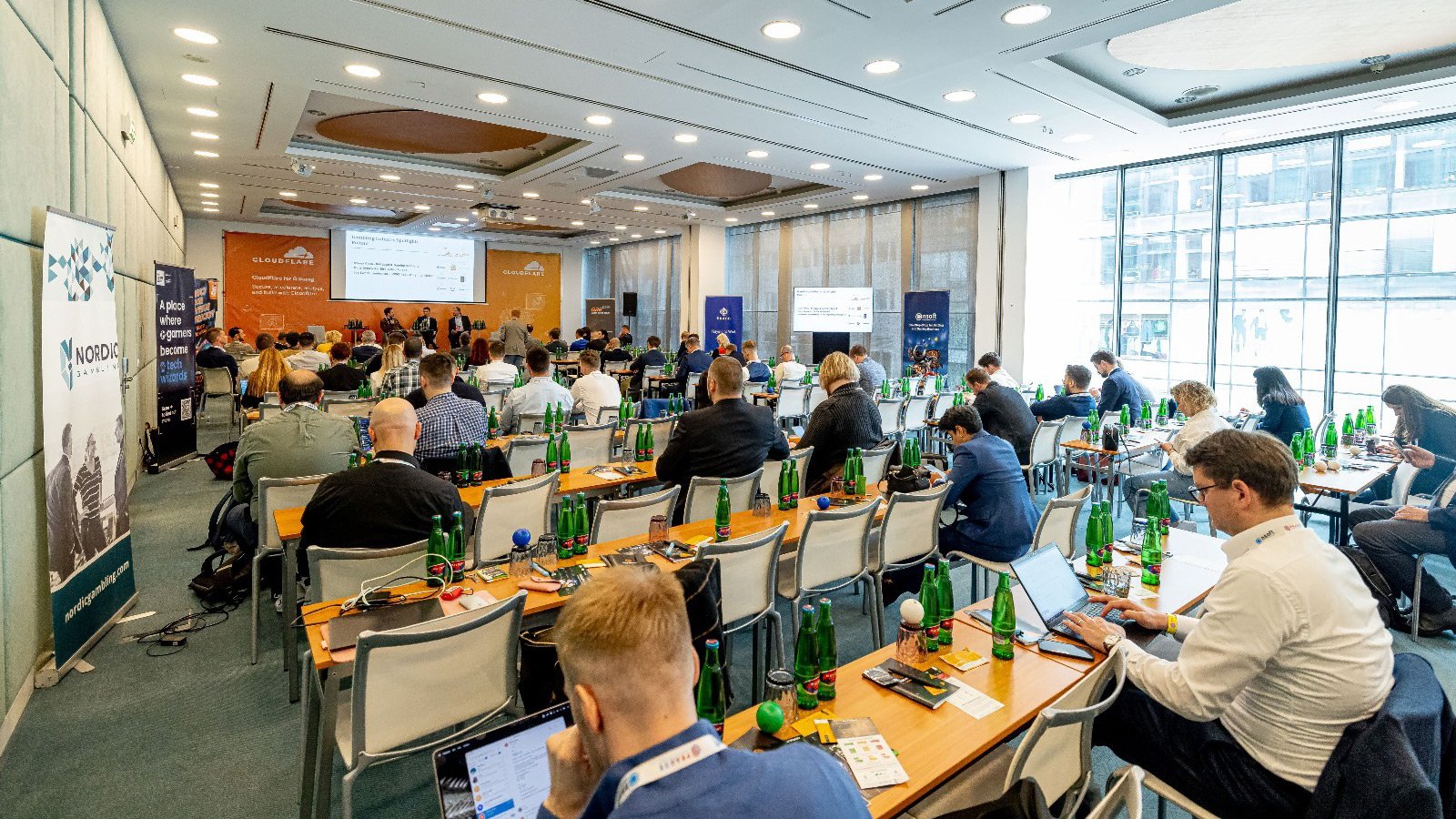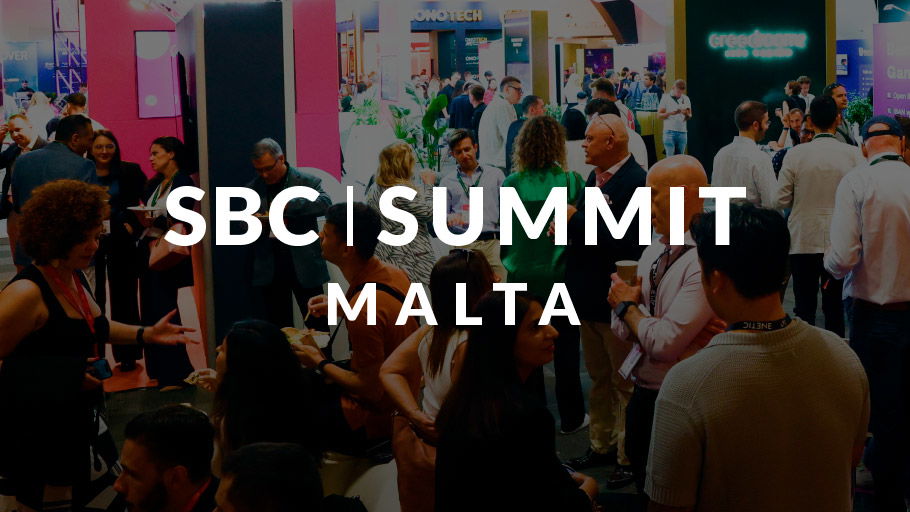Betsson: "Sports betting activity is increasing during Copa America, mainly from the recreational segment"

Early in June, Betsson announced it became the official regional sponsor and sports betting site of the CONMEBOL Copa America 2021 football tournament, which started on June 13 and will run until July 10.
In a video interview with Yogonet, Andrea Rossi, Betsson's Commercial Director for Latin America, notes that the company is "very focused on developing the LatAm region." Most recently, it has acquired Colbet in Colombia; Suaposta, the only authorized horse racing operator in Brazil, with which it has also launched daily fantasy sports. Betsson has also applied and received the license in the province of Buenos Aires, "which will hopefully launch soon this year."
"So I believe that one of the bases of creating and placing the brand as a regional player in the various markets in LatAm was to have a big sponsorship during one of the biggest events this year, which is the Copa America. But actually, our relationship with Conmebol started before with the World Cup qualifiers, and having the sponsorship for Copa America was the next step after that," Rossi adds. Betsson has also created a relationship with football federations across LatAm, first with the Peruvian Football Federation's Liga 1, which started last season, and then with a digital partnership with the Chilean National Team.
Rossi says Copa America is "the biggest we had in South America," and when asked about the first numbers in the initial phase, he says all the KPIs (key performance indicators) that are showing whether sponsorship is working or not are very positive. "So the engagement is very high. Of course, we are not present all over the Latin American countries, but where we are active and operating, we are receiving strong feedback from our customers, which are all more and more connected to the brand, thanks to the connection with Conmebol at Copa America. So it's a very positive one."
Regarding the different channels where the bets are being placed, Betsson's Commercial Director says LatAm is very scattered and different from market to market. "Of course, retailing, in general, is a vehicle to provide trust, especially to new brands. We all know that markets such as Colombia or Mexico are markets where retail is stronger than online. But we can see also other markets where online is the highest penetration or is more mature in terms of online, where online payments are stronger. So if we want to understand whether a retail channel will be stronger than online, then we need to take market by market and then evaluate."
"We believe that overall, the activity on the sports betting side will increase or is increasing during Copa America, we have all the indicators showing that," Rossi remarks. "It's a period when also recreational punters are involved. So the incremental will be mainly from the recreational segment of customers that maybe are not so active during the local leagues or European leagues, but they get so much more engaged when there's a big event like Copa America."
As for mobile, he assures it is channel number one already, not just for Copa America, but overall now the "penetration of mobile in Latin America is very high. And we can see that between mobile or desktop, mobile is the king of betting. The weight of mobile is around 70%, if not higher, versus the total in terms of betting activity."
Furthermore, Rossi explains that these moves and sponsorships in LatAm are part of a successful strategy of 'localization', which the company has applied since the beginning. He says there is a preparation starting from the local approach and then extending into a broader regional one. "You need to start from a local approach at the beginning because every market has its own peculiarities, its own way of behaving when playing in the sportsbook or in a casino. So being local first and then get into a bigger regional scope. That is our way of thinking things, but of course, the local one will help and support as well the brand positioning across the region."
Copa America was originally scheduled to be hosted by Argentina and Colombia, but just a few days before the kick-off and amid rising COVID-19 infections there, Brazil became the host country. "We are lucky enough to work in the online space, so actually, the location was not the main point of the tournament for us because, of course, we don't have a local presence, besides Colombia, where we have shops," Rossi explains. "So we didn't have any local activation strategy, and especially considering the situation we are in, it would have been very hard to activate in the stadiums since unfortunately there's no audience. So in this case, we could cope quite well."
When asked about the LatAm gambler profile as compared to others in European jurisdictions, where Betsson comes from, Rossi says the region is scattered, but he explains that in Europe, the way of offering sports betting has improved in terms of customer experience, while in emerging markets in LatAm, there's still a need of instructing customers on how to bet. "The competition is higher, of course, and there's a lot of functionalities that are popping out very often, whilst in LatAm, for example, besides some markets, especially the ones where there's a regulated framework in place, where the operators had the chance to inform customers on how to bet, in some others that are not regulated it is hard because you cannot do it through official channels."
Lastly, Rossi says LatAm is a very dynamic market, and welcomes the different regulations in place, including the city and province of Buenos Aires, and Santa Fe province in Argentina. He also praises a recent agreement in Brazil to manage a taxation perspective based on GGR. "And then there is Colombia, where we are also doing some changes in technology, we are revamping the Colbet brand. And then we have other markets coming in, such as Mexico, where this year we have closed a partnership with Big Bola. So we are planning to launch in Mexico relatively soon, which is very exciting because we are talking about the second biggest market after Brazil."















































